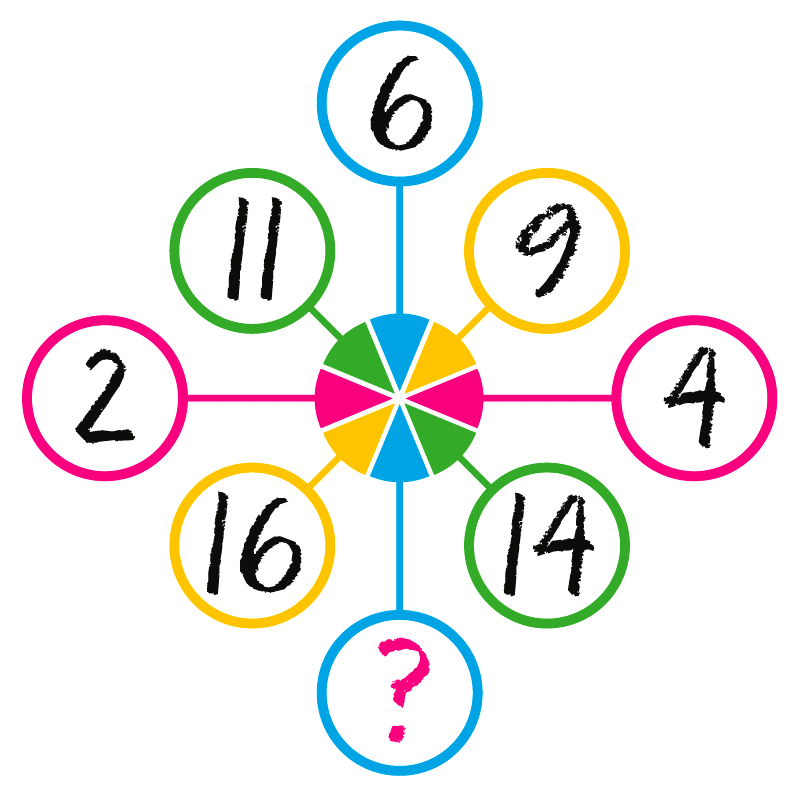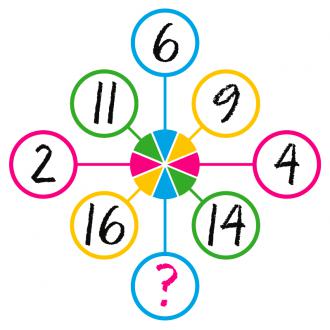Replace the question mark with a number
MATH PUZZLE: Can you replace the question mark with a number?Correct answers: 638
The first user who solved this task is Donya Sayah30.
#brainteasers #math #riddles

Words of Wisdom...
The problem with the gene pool is that there is no lifeguard.
Experience is something you don't get until just after you need it.
A conscience is what hurts when all your other parts feel so good.
For every action, there is an equal and opposite criticism.
To steal ideas from one person is plagiarism; to steal from many is research.
Two wrongs are only the beginning.
Monday is an awful way to spend 1/7th of your life.
The sooner you fall behind, the more time you'll have to catch up.
A clear conscience is usually the sign of a bad memory.
If you must choose between two evils, pick the one you've never tried before.
Love may be blind, but marriage is a real eye-opener.
Borrow money from pessimists, they don't expect it back.
Half the people you know are below average.

